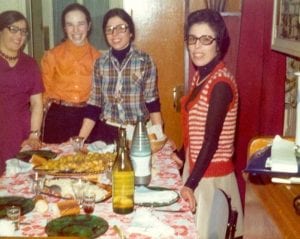
All of my research focuses on dimensions of migration. Alongside this interest I maintain an interest, theoretically, in urban anthropology, in the comparative process within anthropology, in the links between anthropology and history, and in the anthropology of gender.
My early work was focused on Portuguese immigration in the United States, Canada, and Europe. My dissertation focused on Portuguese immigrant women in France. The book “We Have Already Cried Many Tears” is one result of this project but throughout my career I have sustained an interest in the relationship between gender and migration.
This project was followed by a study of two and a half centuries of Portuguese emigration from a village in the northern Portugal to various destinations including Brazil, Spain and France and resulted in the book “Men Who Migration, Women Who Wait”. This project was interdisciplinary, rooted not only in anthropology but also in historical demography and it looked at the impact of migration on marriage, fertility, and illegitimacy.
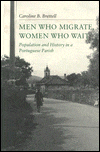
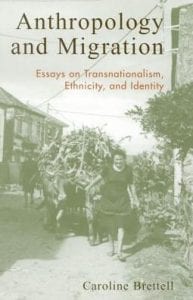
Many of my essays on Portuguese emigrants are collected in my book Anthropology and Migration, a book that situates Portuguese mobility within larger discussions of dimensions of migration. I have also published some articles on dimensions of rural life in Portugal, past and present.
My research in Portugal and on Portuguese migrants was funded over the years by the Wenner Gren Foundation, the Social Science Research Council, the Canada Council (now the Social Sciences and Humanities Research Council), the Gulbenkian Foundation, and the National Institutes of Health.
I have also carried out research on Goan immigrants in Lisbon with support from the University Research Council of SMU.
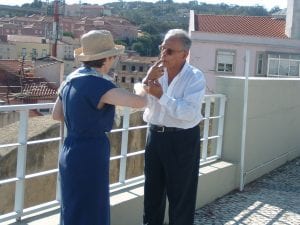
After years of working on Portugal and Portuguese migrants, and after arriving at SMU, I turned my attention to the study of new immigrants into the DFW area. Dallas is a 21st Century Gateway city for immigrants. This project was funded by the National Science Foundation as well as the Russell Sage Foundation and was carried out in conjunction with several collaborators. It resulted in a host of publications (many of them on Indian immigrants in Dallas) and one book. One dimensions of this project revived my interest in urban anthropology and problematizing the city as an important unit of analysis in the study of immigration–initially articulated in my essay “Bringing the City Back In”. Other dimensions included an exploration of civic engagement as well as the role of various voluntary associations and religious institutions in faciliting the participation of immigrants in the public sphere. Finally, I have also explored dimensions of immigrant entrepreneurship, manifested in at least three articles/book chapters.
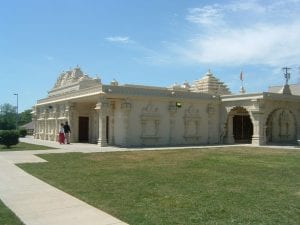


In another project, one rooted in anthropology and history (and that builds on my training in historical demography), I have explored the experiences of French-Canadian immigrants who moved to Illinois in the middle of the 19th century. They were led there by a charismatic priest named Father Charles Chiniquy who was eventually excommunicated. He converted to Presbyterianism and many of the migrants did so as well. Thus the book explores the intersections of immigration, religion and social change. 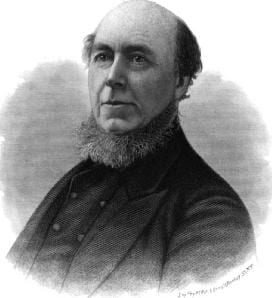
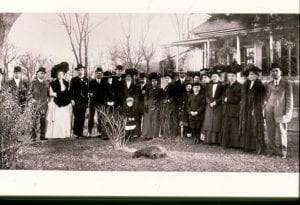
Finally, I have written theoretical and analytical essays/books on the connections between anthropology and history, the role of comparison in anthropology, and the interdisciplinary conversations of anthropologists.
You are welcome to write to me about my publications (cbrettel@smu.edu), most of which are listed under the publications tab on this website.